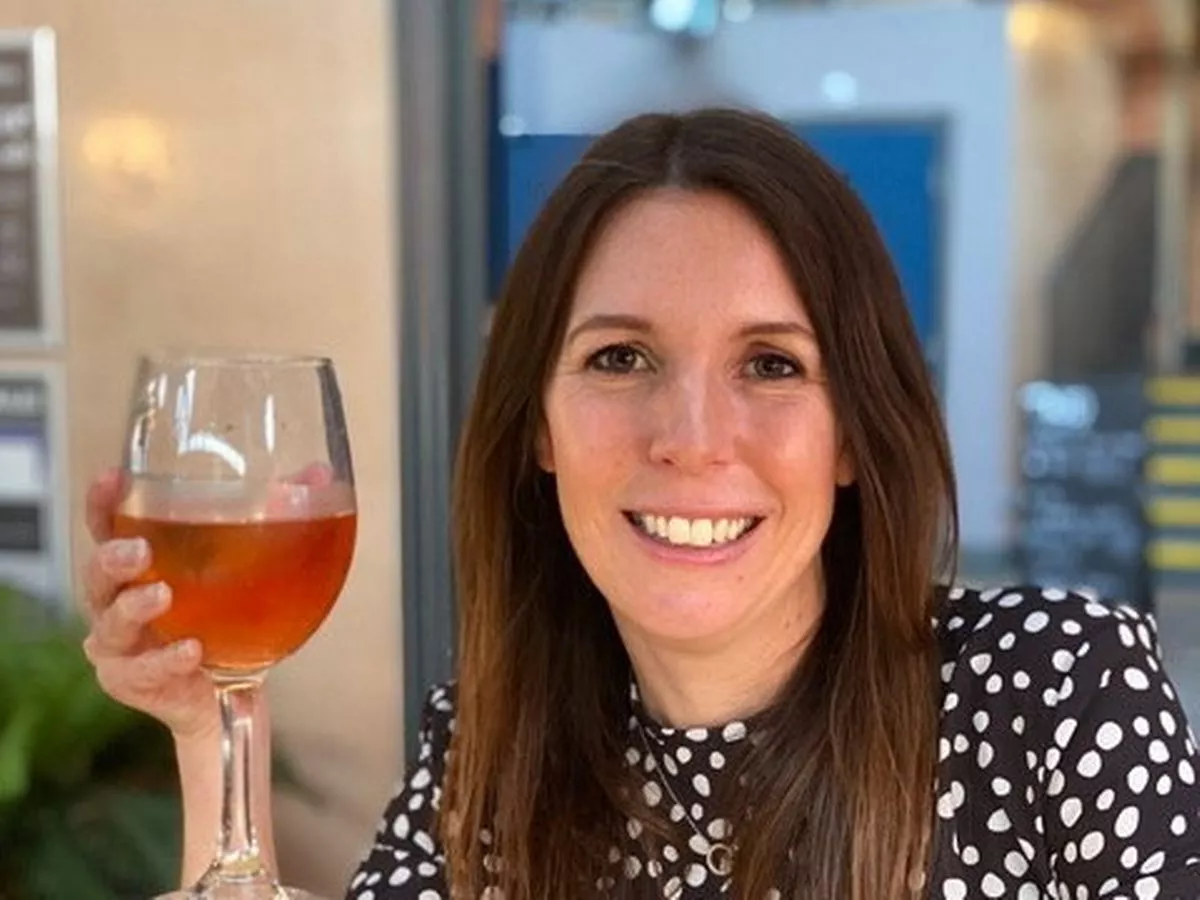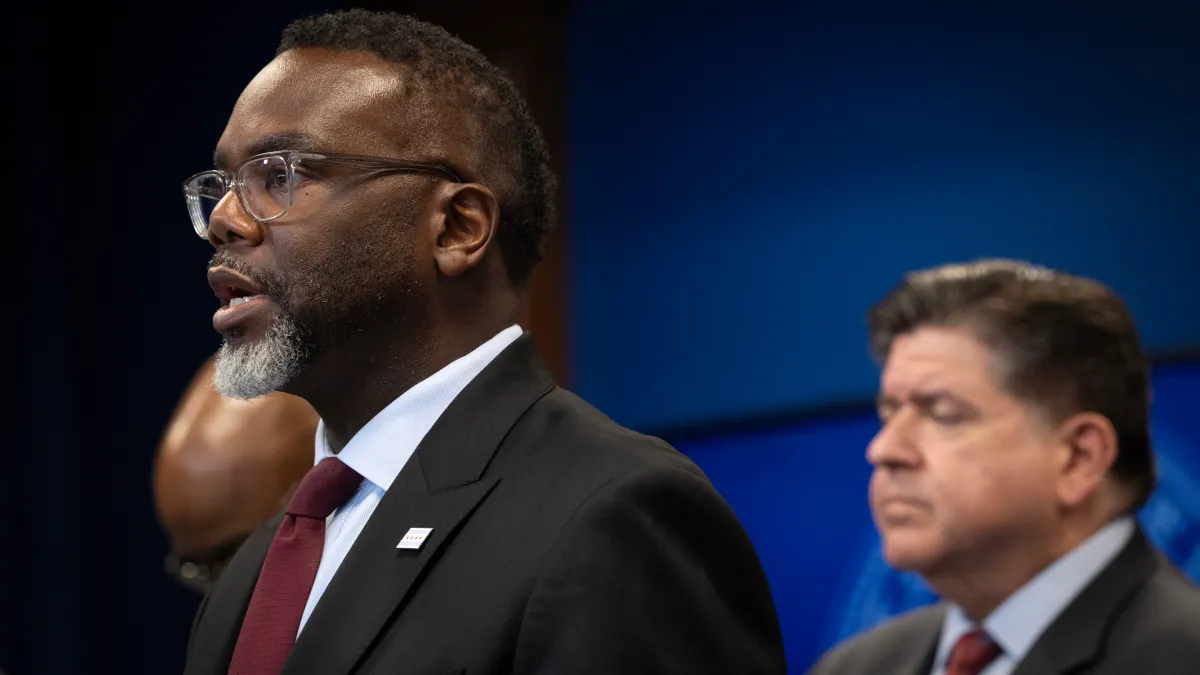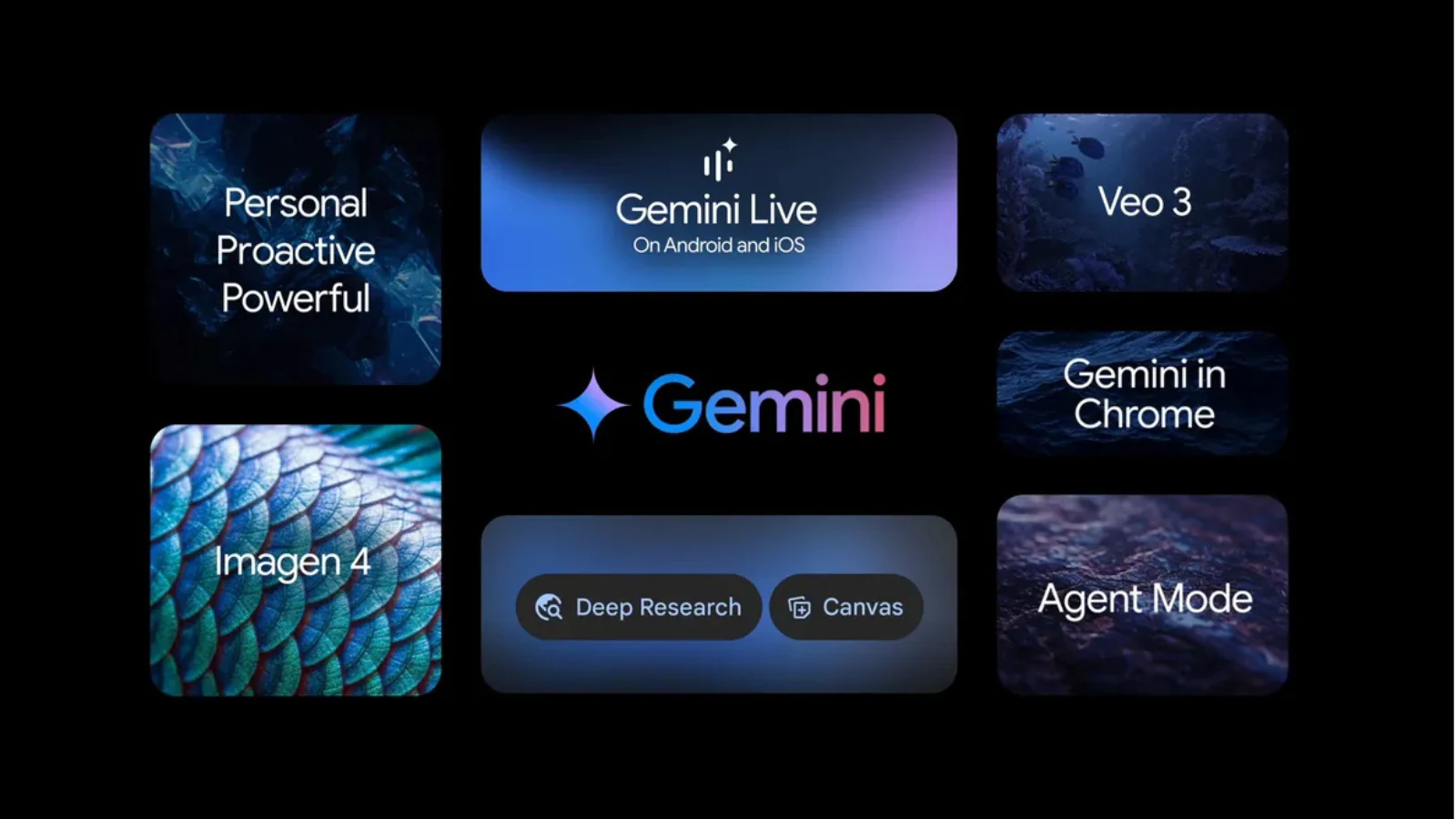Copyright manchestereveningnews

A woman who was unable to speak during a work Teams call has discovered that she her body was battling with eight brain tumours at the time. Laura Critchley was presenting during a meeting when she suddenly became confused and found it hard to speak. Laura, a director of SEND in a multi-academy trust, was then escorted to her car by a colleague, but when inside, she could not remember how to start the vehicle. She was soon taken to Doncaster Royal Infirmary where scans showed multiple brain tumours. For two weeks it was believed the tumours were terminal cancer, until specialists at Royal Hallamshire Hospital, Sheffield, reviewed the scans. She is set to undergo surgery on November 19 to remove seven of the eight tumours in her brain with the hope of understanding what is causing them to grow. Join the Manchester Evening News WhatsApp group HERE Laura’s partner Lee Vaughan, 50, is set to take on Brain Tumour Research’s 99 Miles November challenge to raise awareness and has already raised £2,000. Lee, who works for a manufacturing business, from Swinton , said: “A stroke nurse sent her for a CT scan, which showed something abnormal but not a stroke. “While waiting in A&E she suffered two major seizures and was rushed into resus. “She was stabilised overnight, and the next morning we were told to prepare for the worst news – cancer. “The surgery is scheduled for Wednesday 19 November and aims to remove the seven accessible tumours and analyse them to understand what is causing their growth. “We still don’t know if Laura’s condition is genetic, and if it is, our sons could each have a 50 per cent chance of inheriting it. “That thought keeps me going every time I lace up my running shoes”. Laura was presenting a meeting at work when she began to feel confused and unable to find her words in May 2025. After initially suspecting terminal cancer, after reviewing scans specialists suspected a genetic condition and referred her for more tests. An MRI showed Laura had seven tumours on the left side of her brain which controls speech, and one deep in the centre. Further testing rules out both types of neurofibromatosis – genetic disorders that affect the nervous system and can cause tumours to grow on nerve tissue. It also ruled out the seven markers linked to meningiomas – slow-growing tumours that originate from the membranes that surround the brain and spinal cord. “At first, the plan was to monitor things with regular MRIs, but because Laura is young and otherwise healthy, the specialists decided it was safer to operate,” Lee said. “We’ve tried to keep things as normal as possible for our two boys, Brody, 10 and Fraser, seven. “We explained it using football - when a player clashes heads, they have to stop to let their brain heal. “It’s like that with mummy. “They know she will be having surgery and that she will be in hospital for a while. “Brody, who is 10, has already asked the hardest questions, wondering if she will be all right or if she might die. “It is heart-breaking, but they have coped better than we ever expected.” Lee is set to start 99 Miles in November, with the challenge set at 8,250 steps per day. Participants can complete it by walking, running, cycling, swimming or any other physical activity. With a target of £2,740 – worth a full day of research a one of Brain Tumour Research’s centres – Lee is well on his way to achieving it. Lee said: “Laura was the one who encouraged me to take part. “She tagged me in a Facebook post about the challenge and told me to use my running for something positive. “I set a £150 target, and the support from friends, family and colleagues has been amazing. “It’s a way of feeling like we’re doing something that matters, something that could help other families like ours”. Ashley McWilliams, community development manager at Brain Tumour Research, said: “Laura and Lee’s story is one that so many families can relate to, from the shock of diagnosis to the strength it takes to keep going. “Lee’s determination to turn something so difficult into a force for good is incredibly inspiring. “Every mile he runs and every pound raised helps us get closer to finding a cure.” To support Lee in the 99 Miles in November challenge, visit here.



